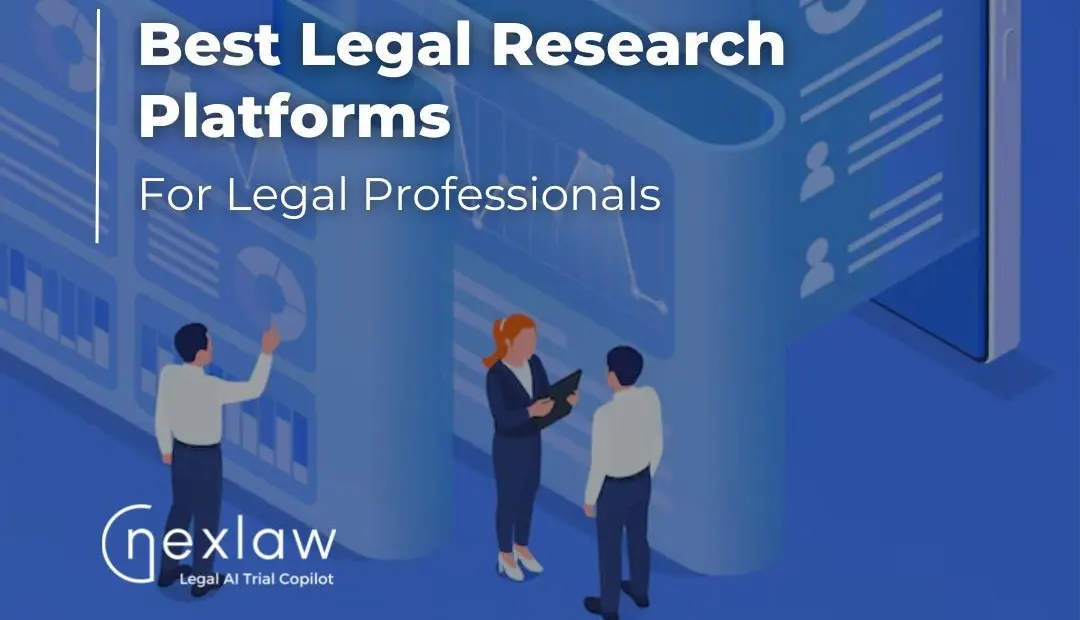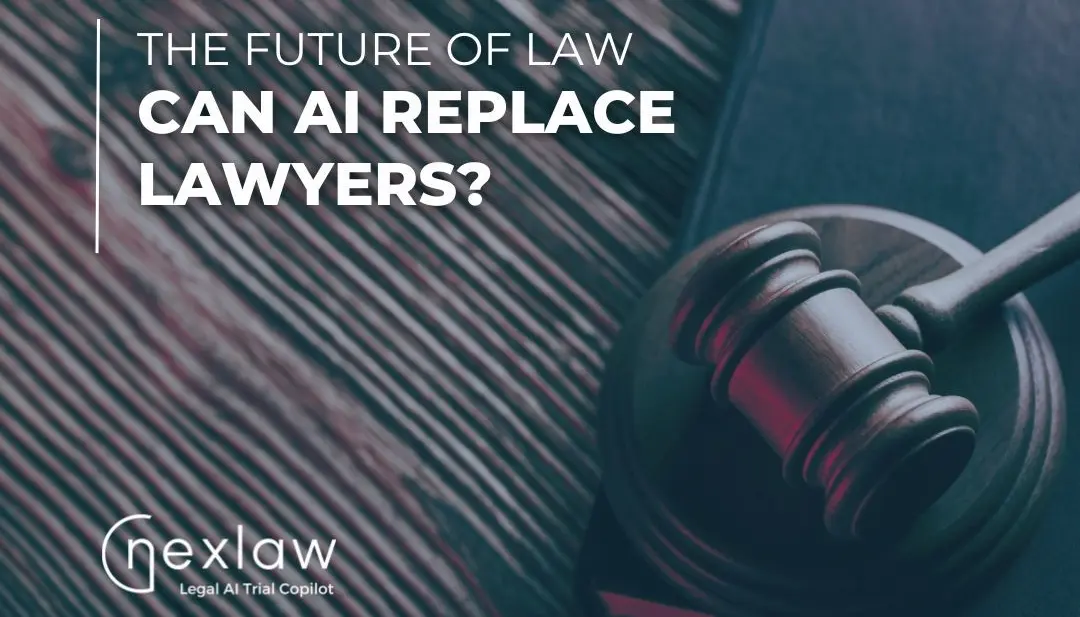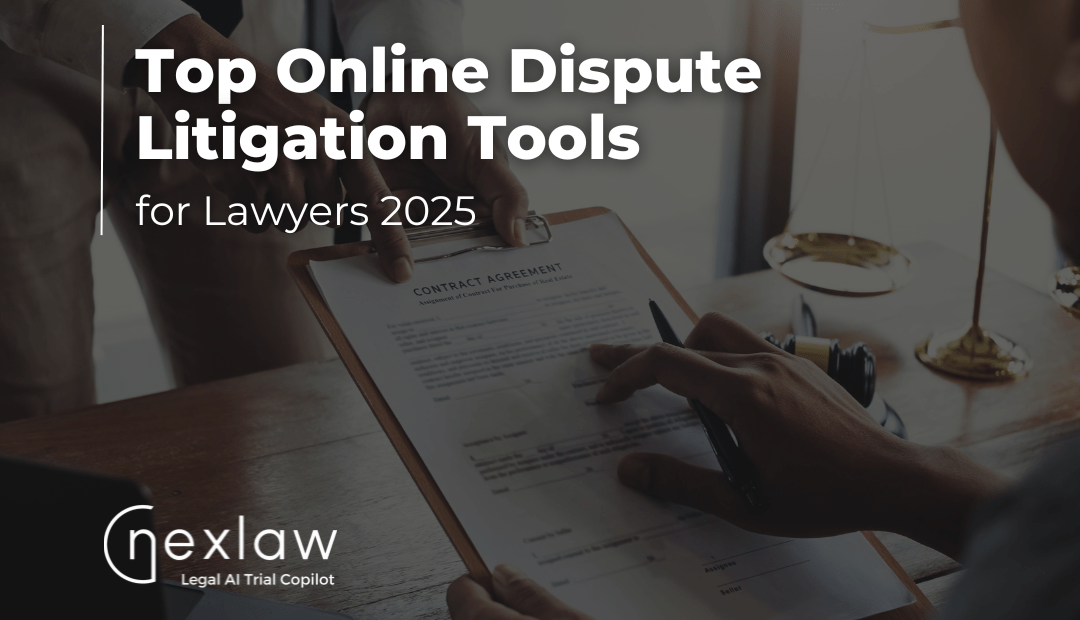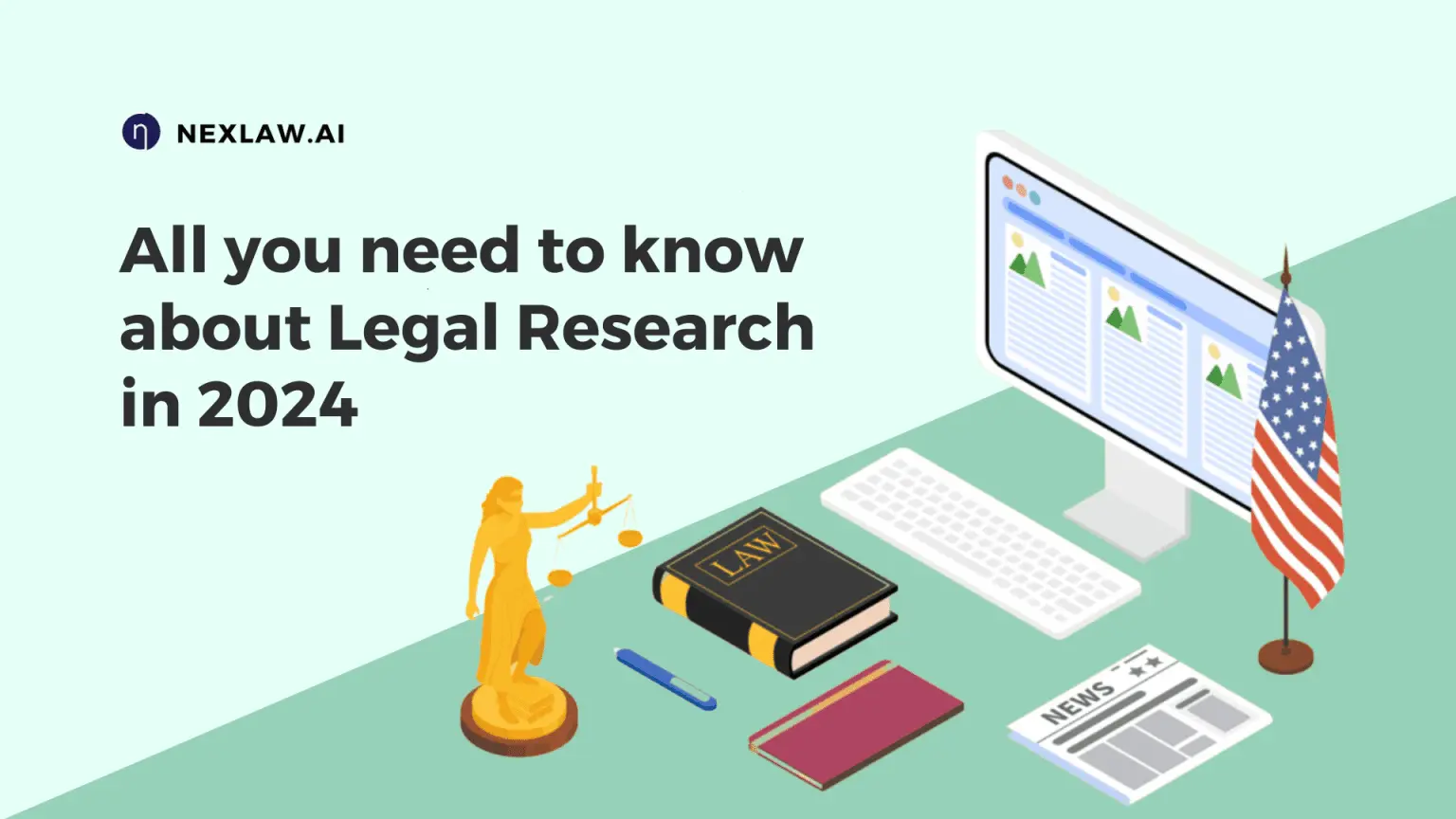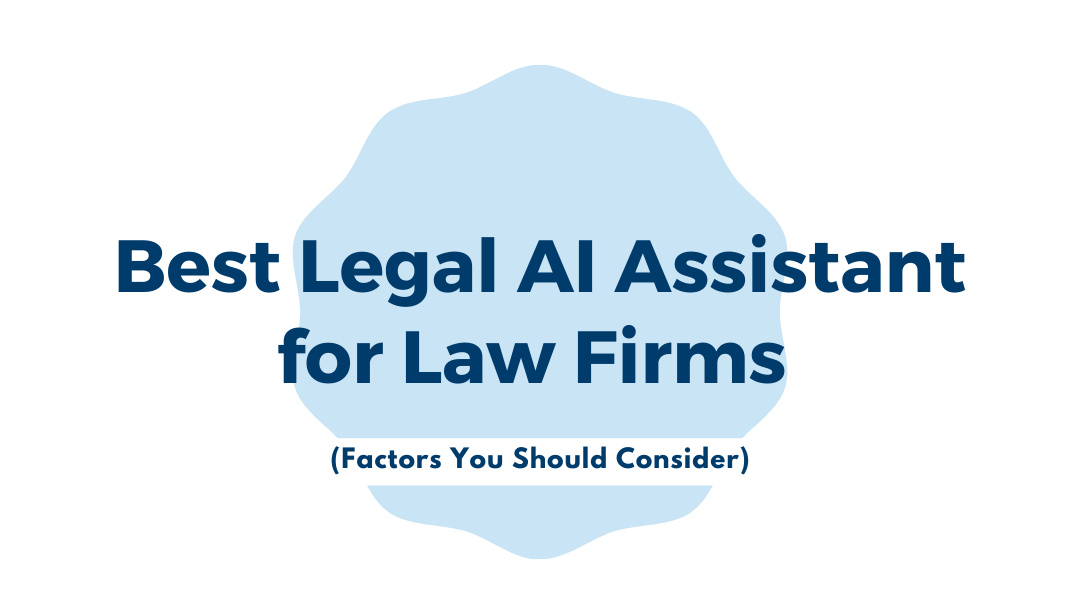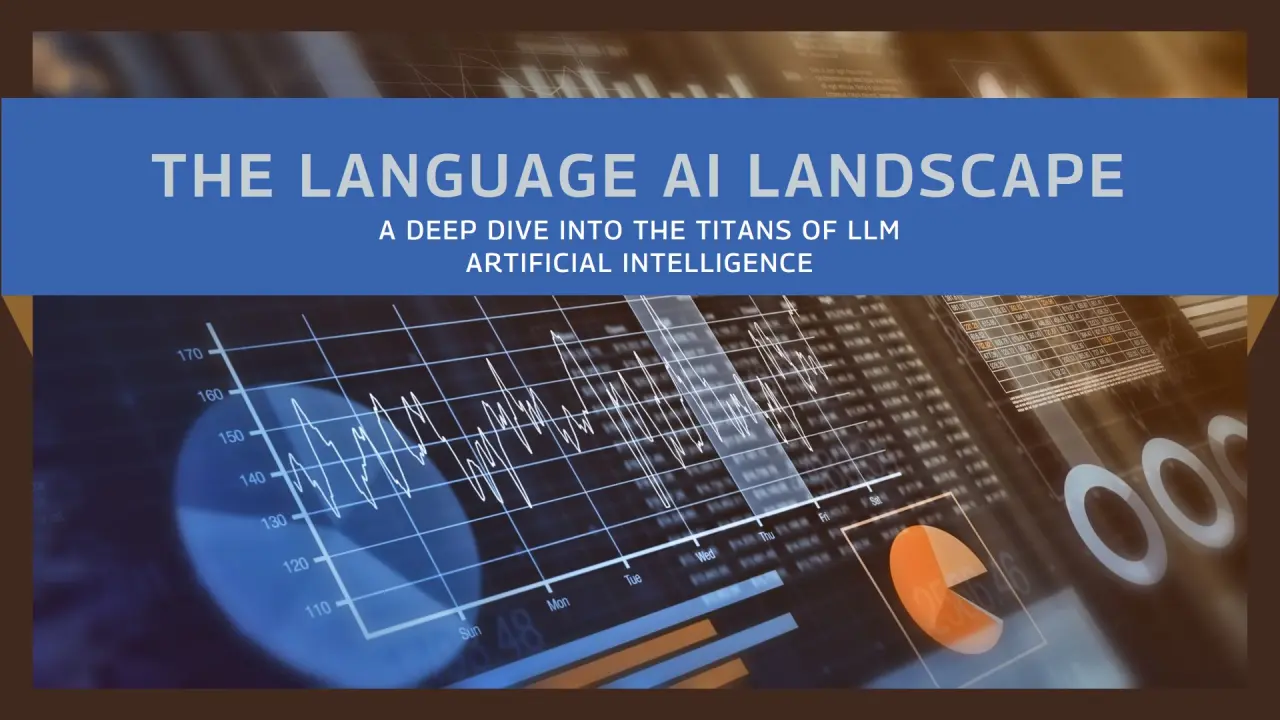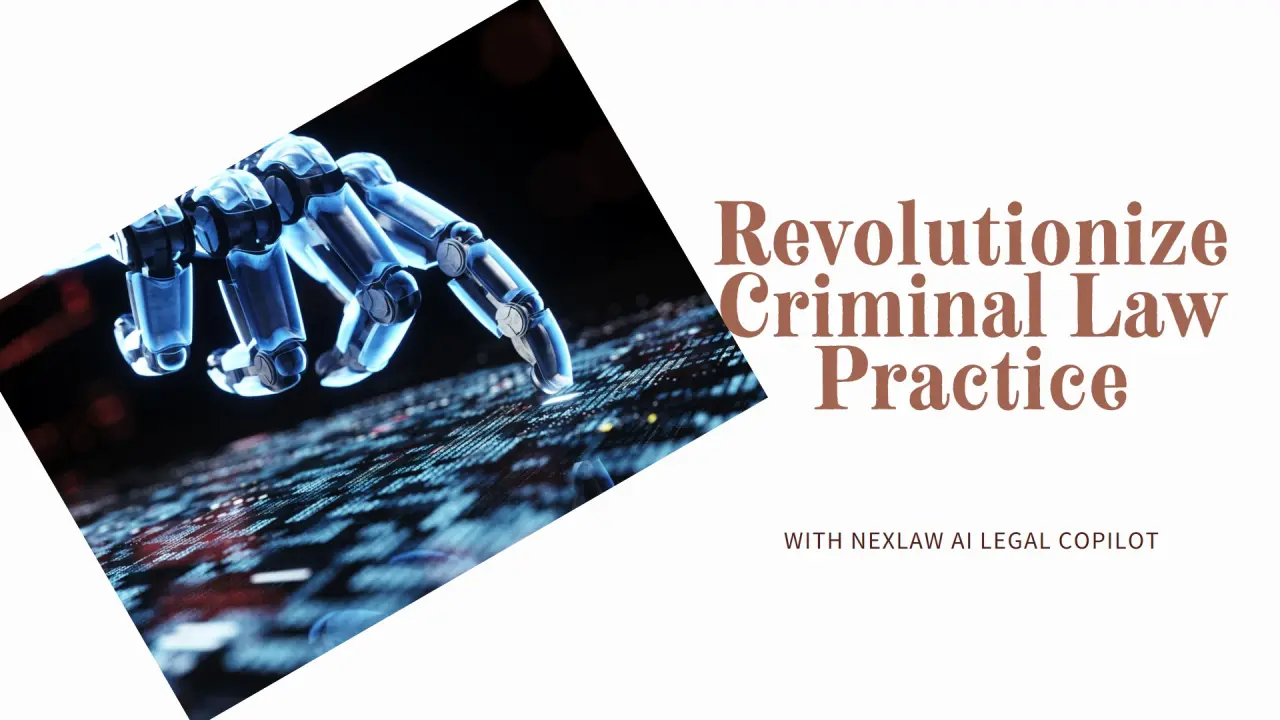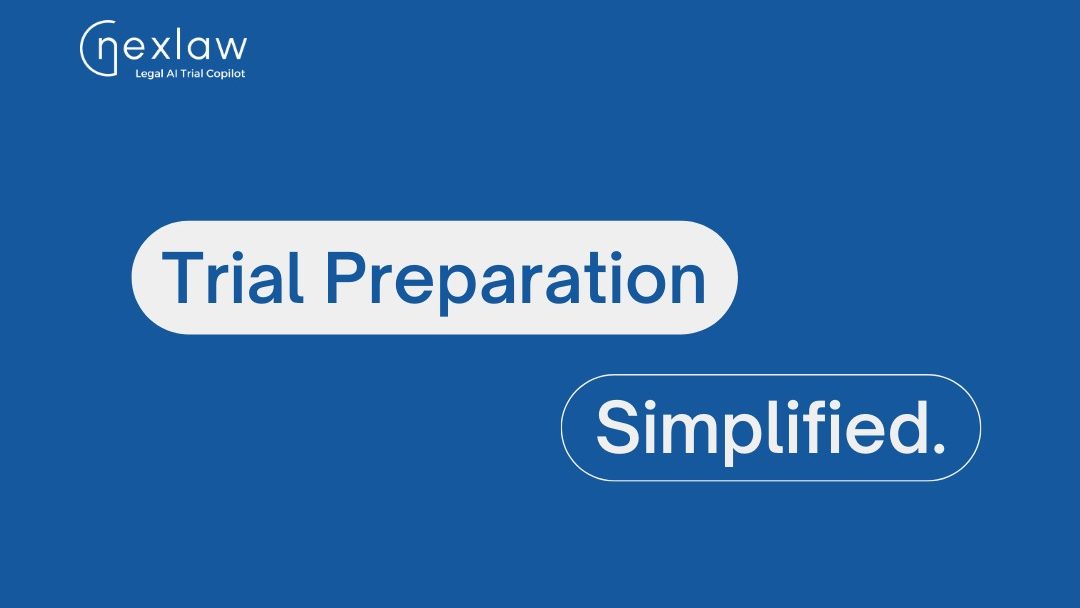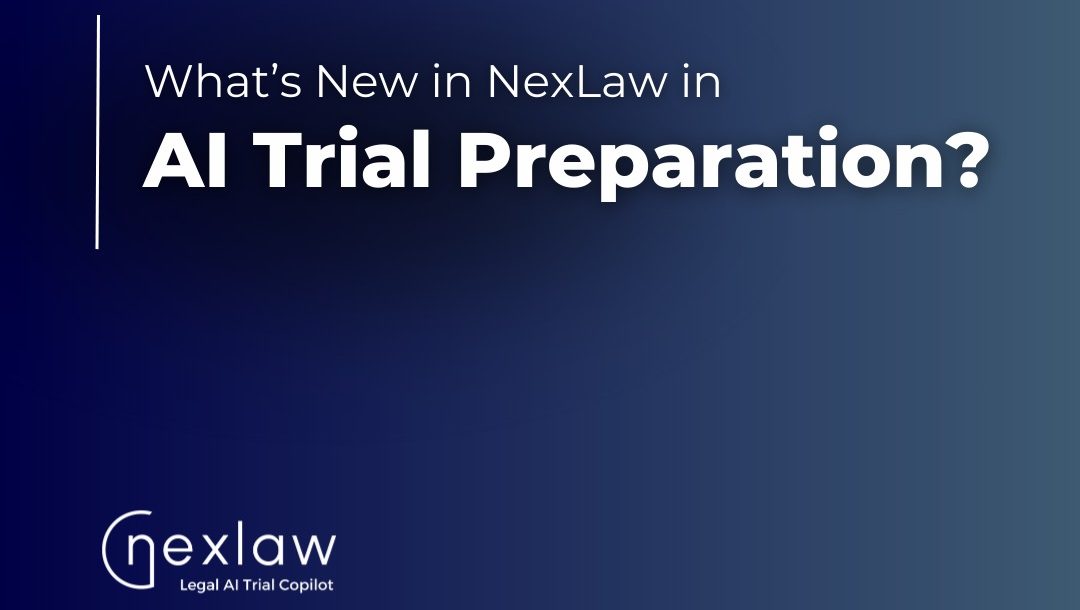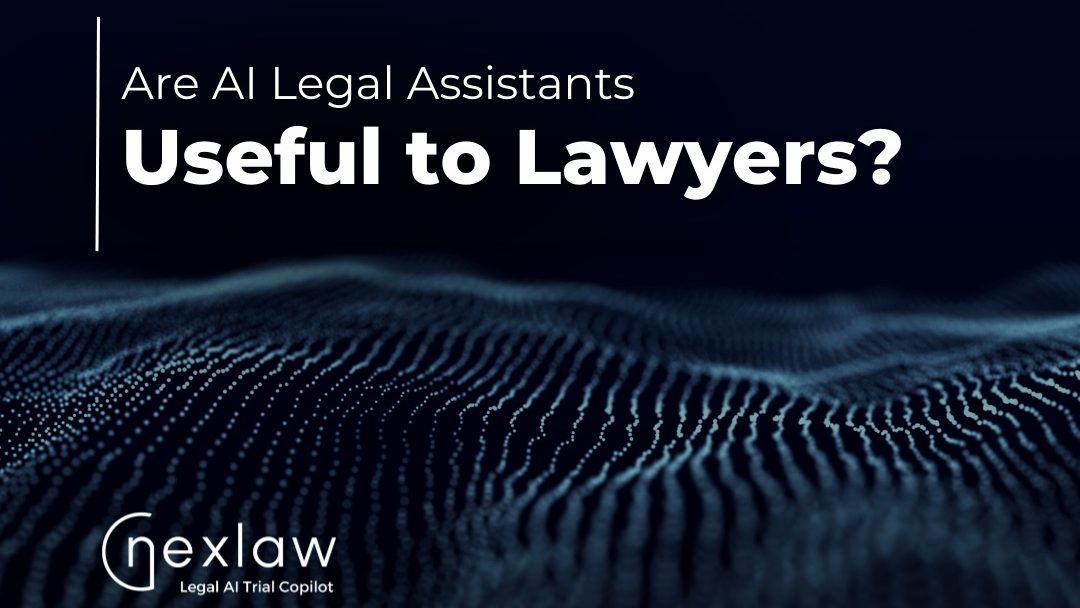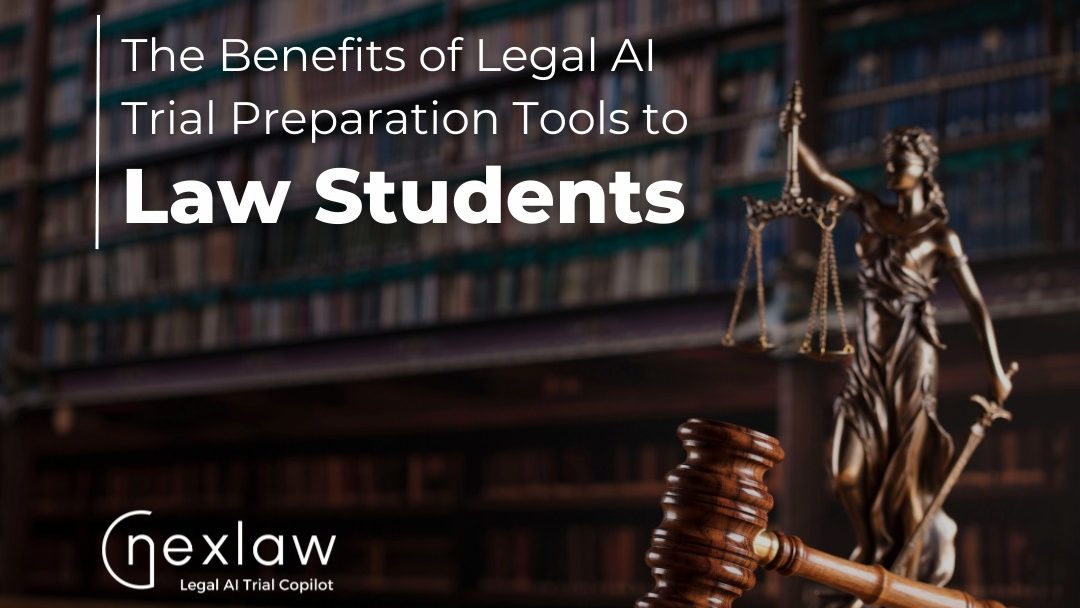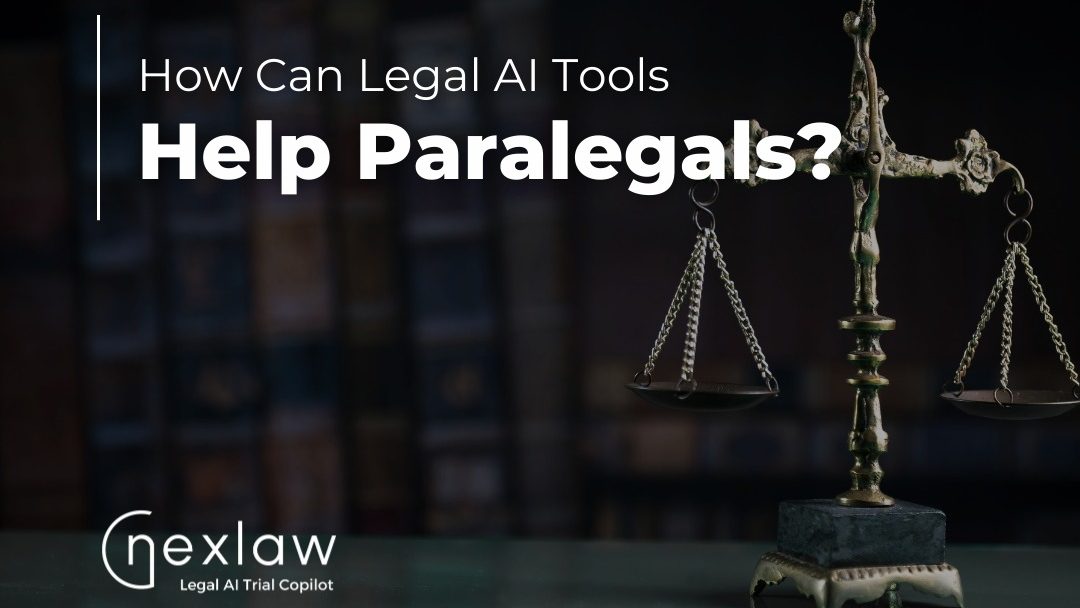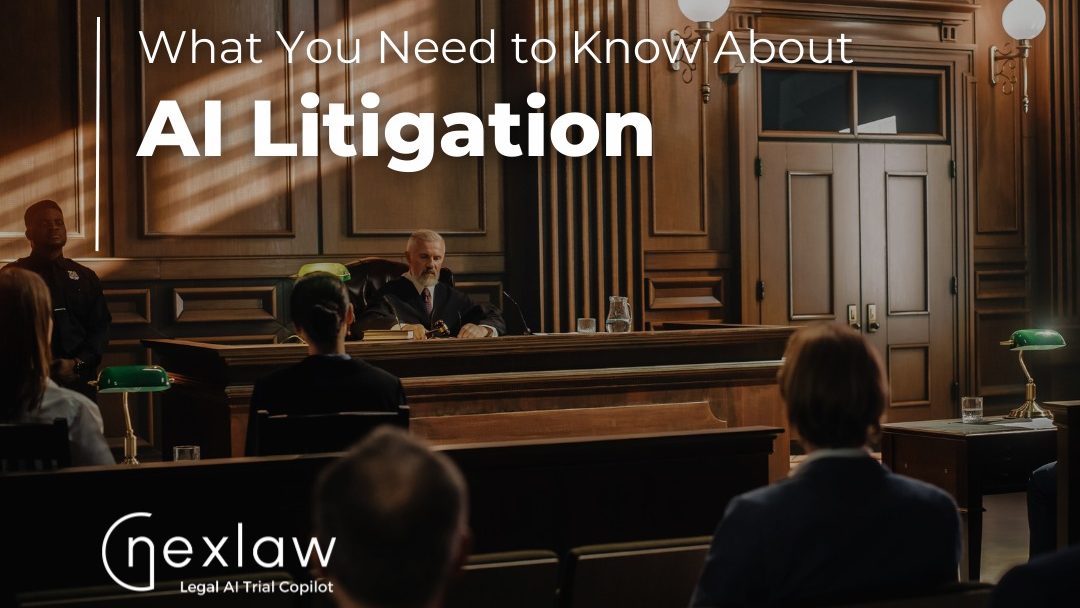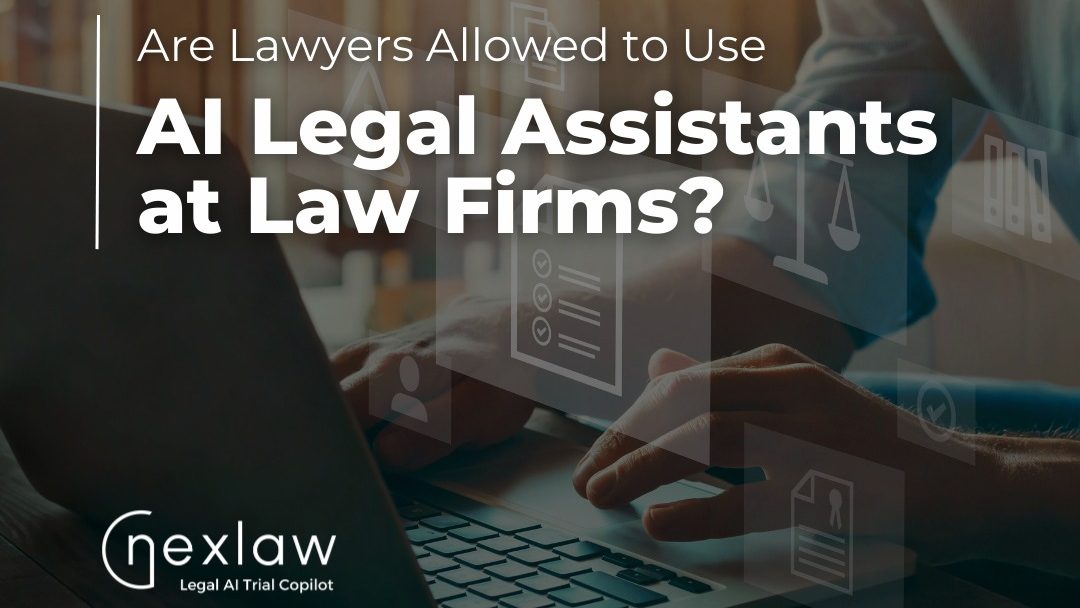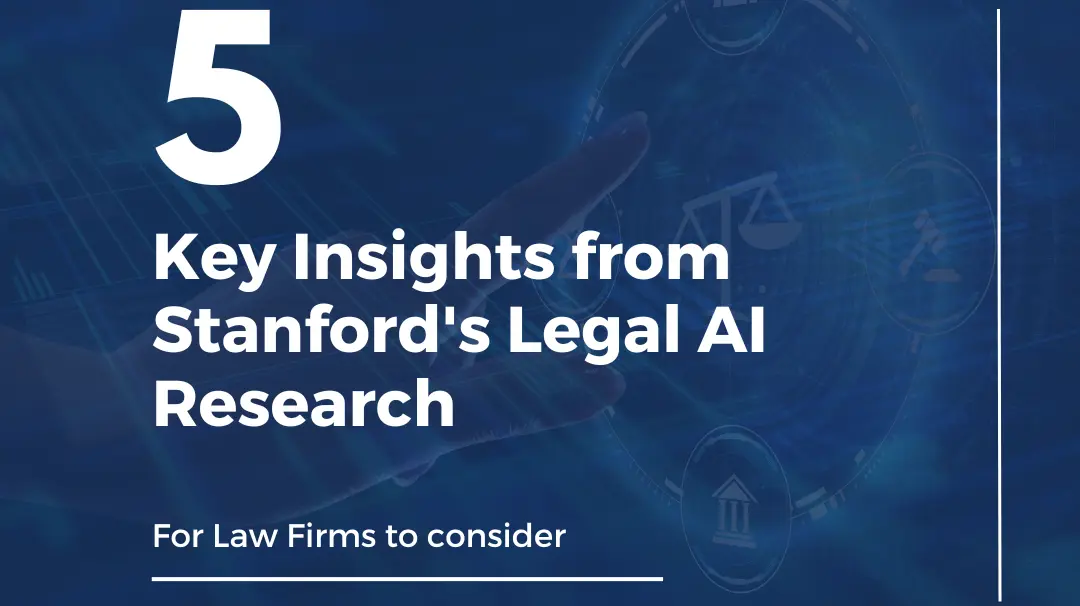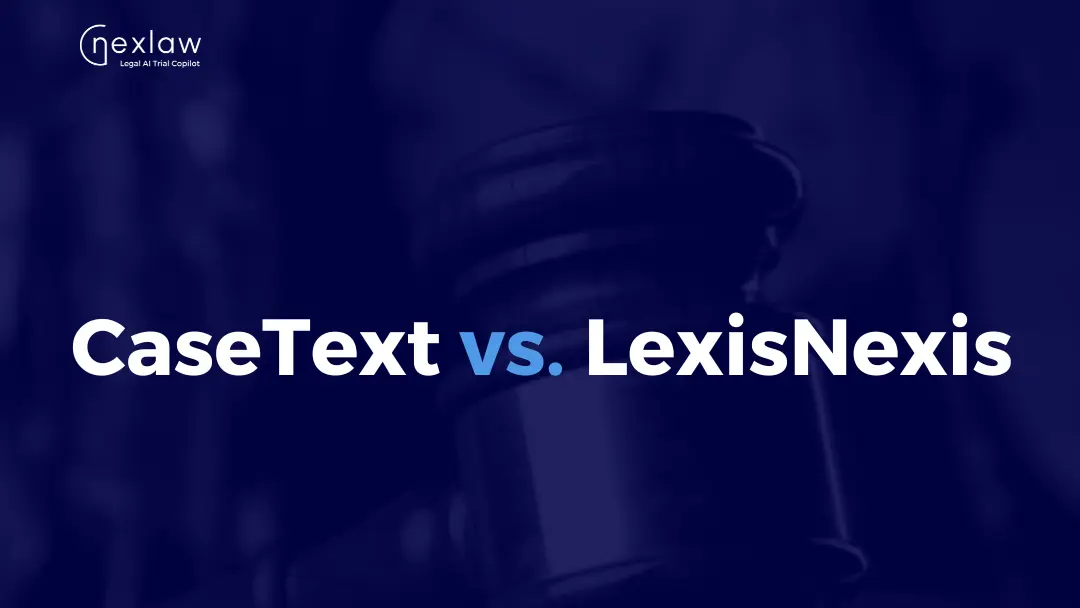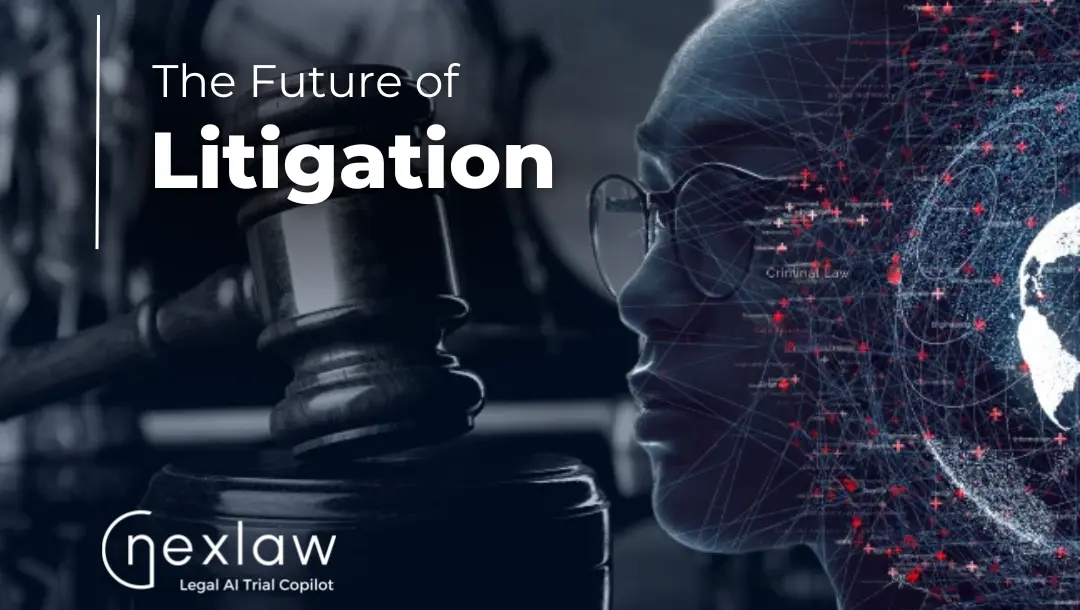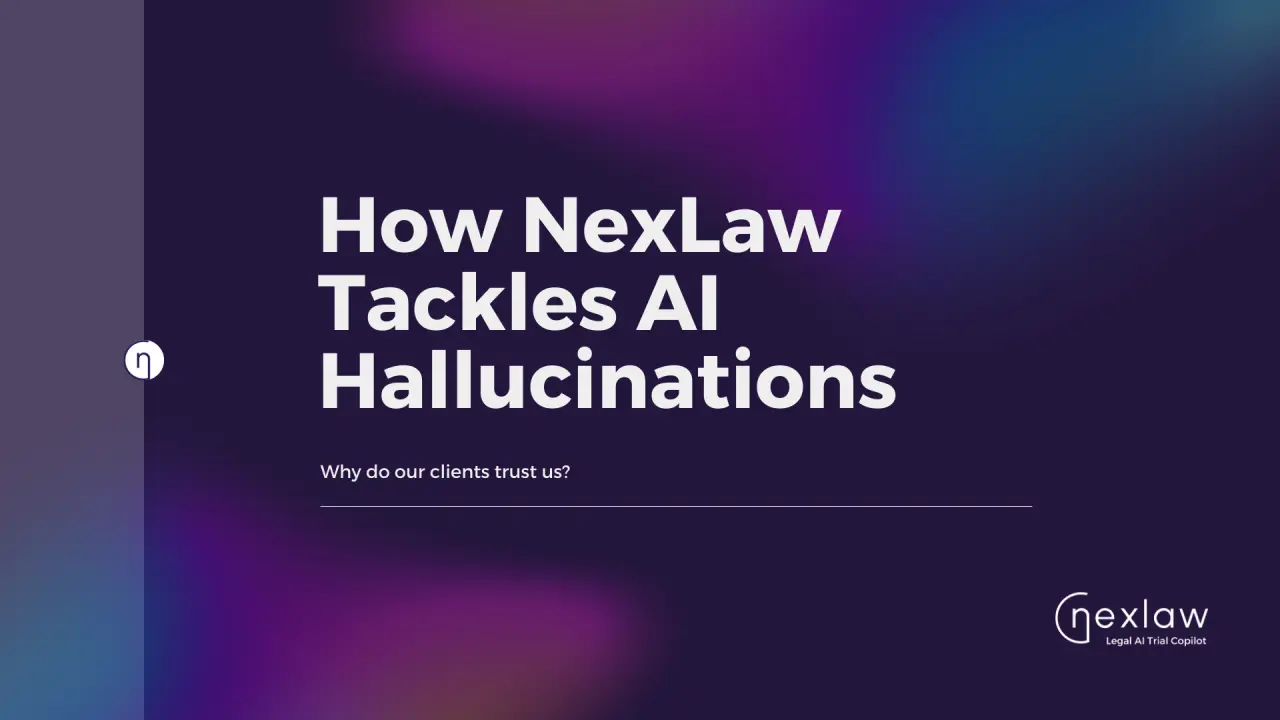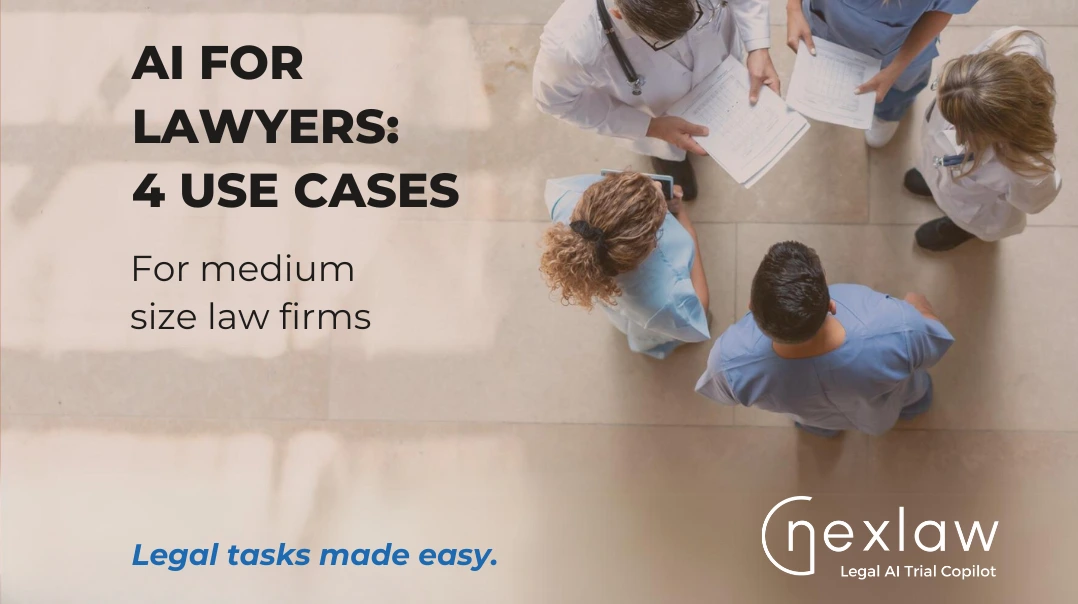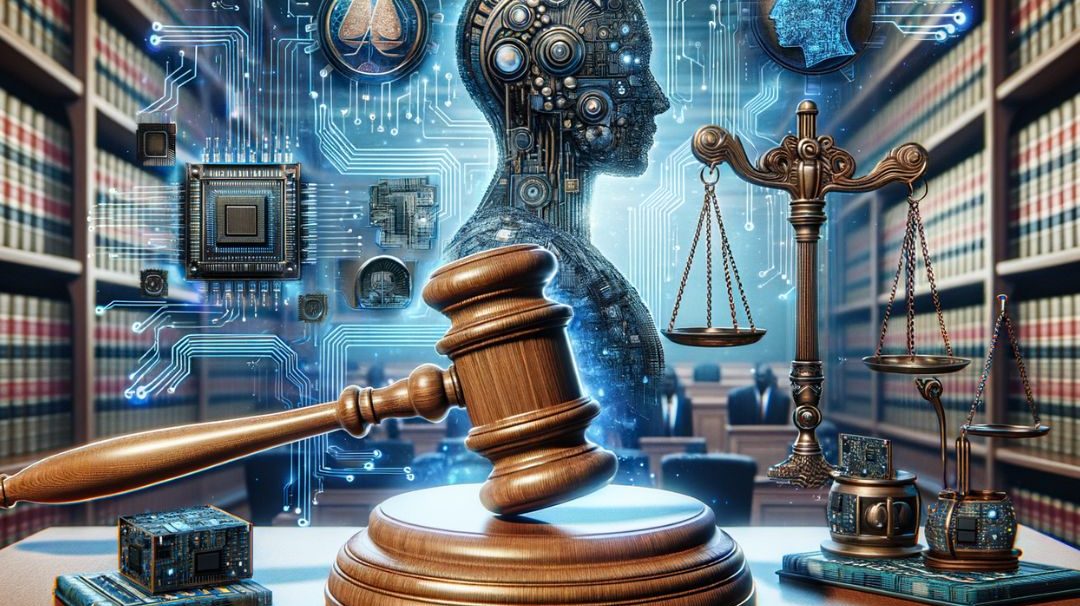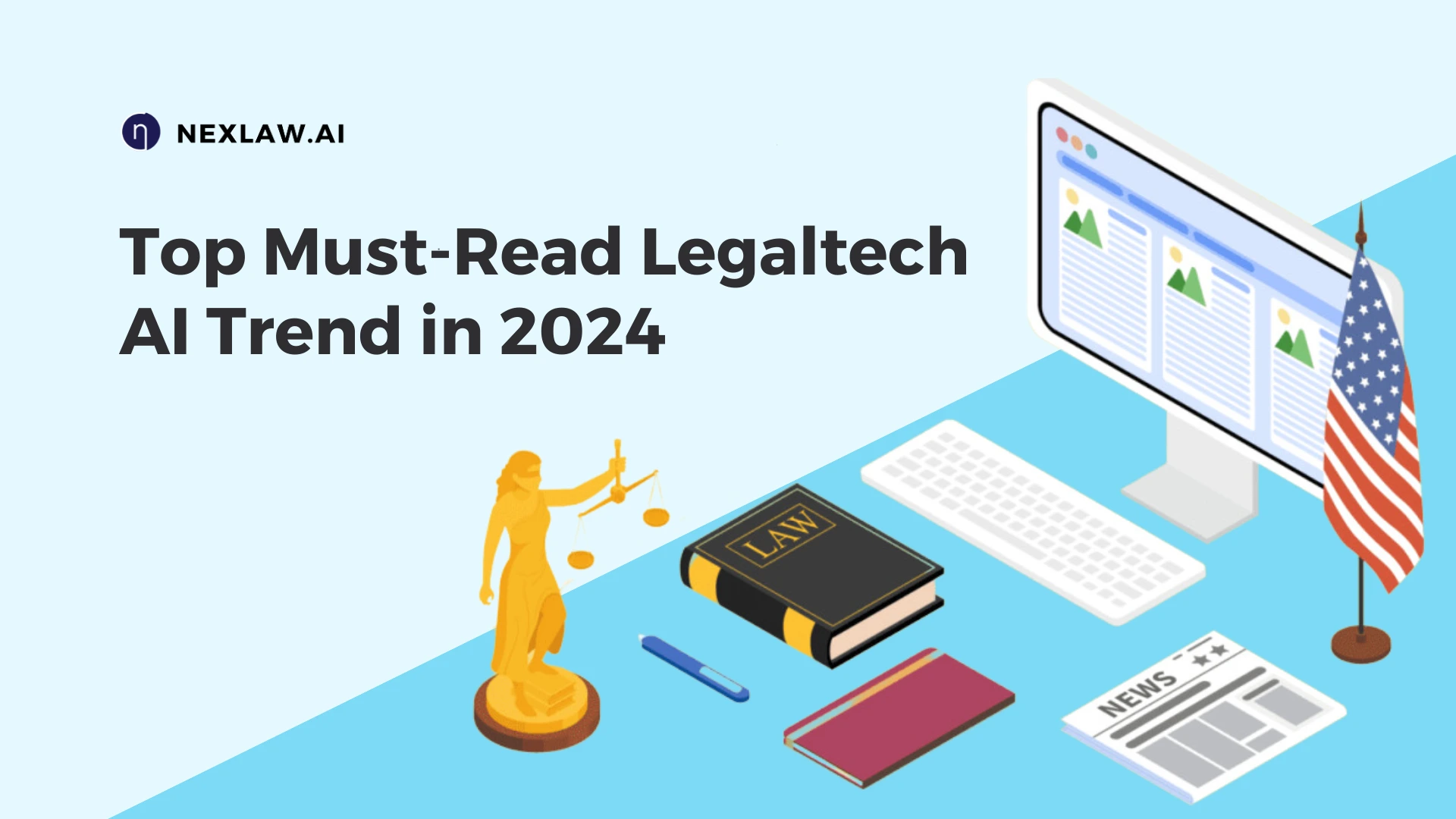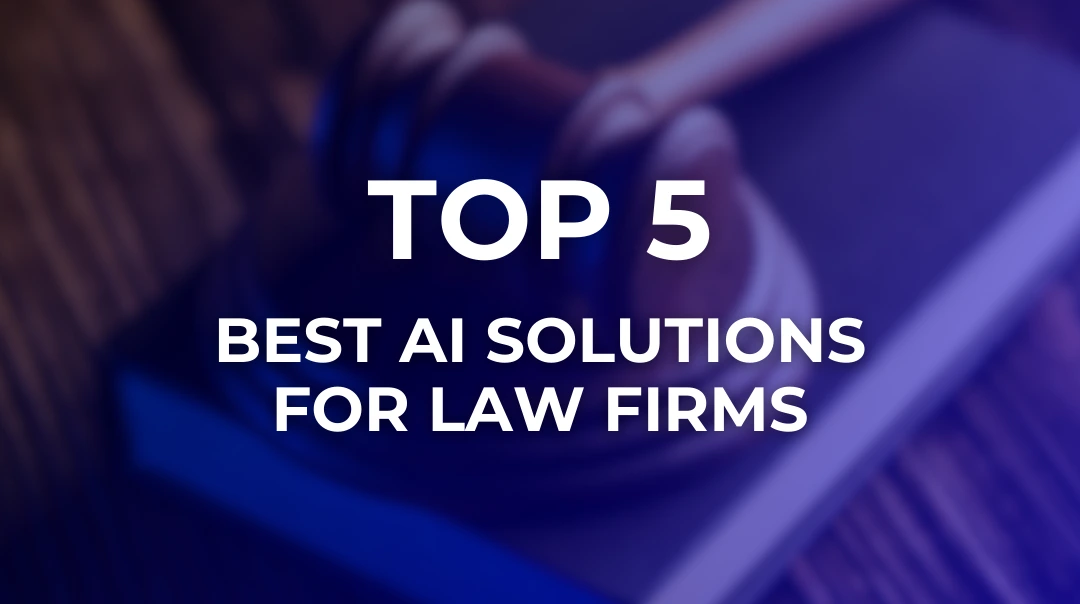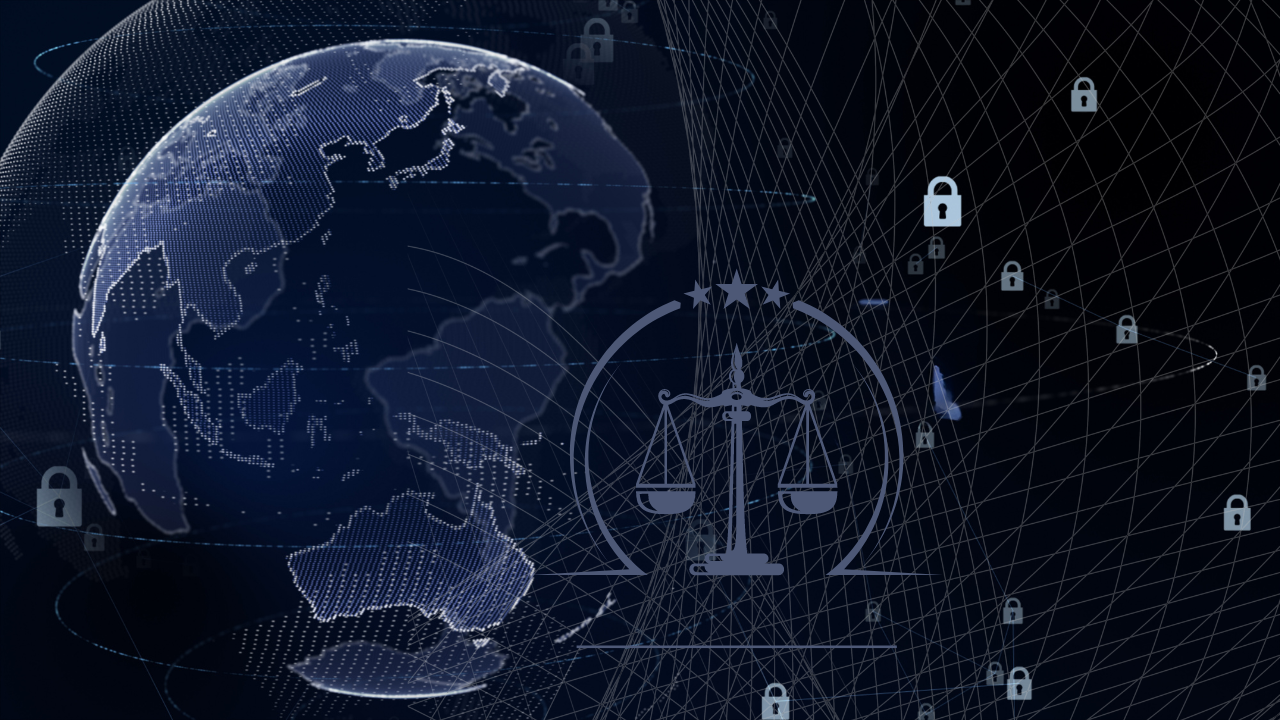Navigating the Future of AI and Law
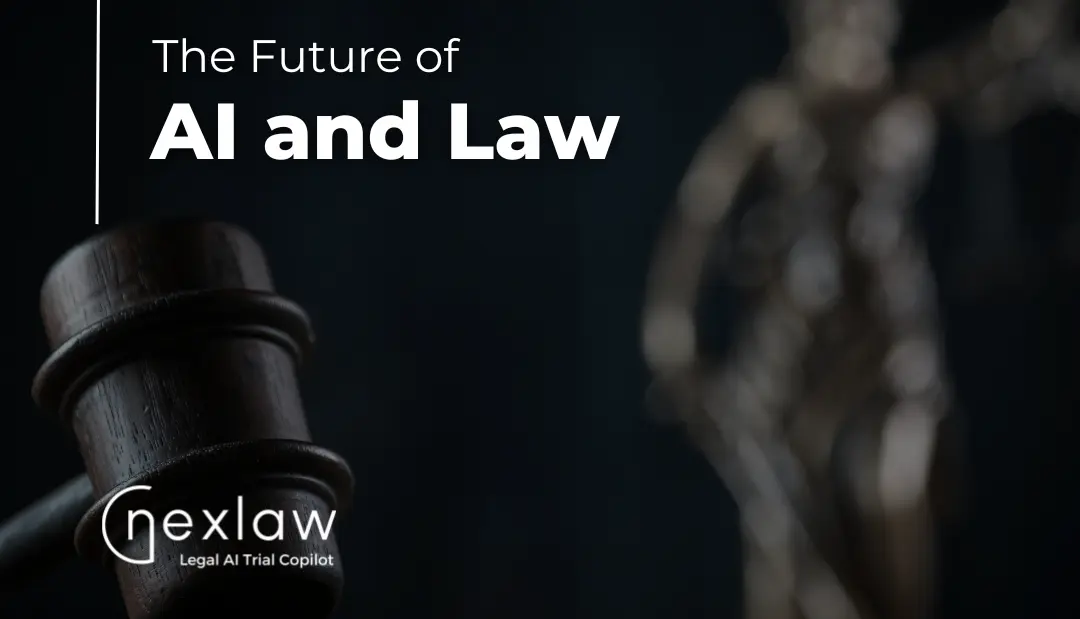
Related Posts
Navigating the Future of AI and Law
Transformations, Challenges, and Opportunities
Artificial intelligence (AI) has been a field of study for many years, but its latest developments have raised ethical concerns among legal practitioners regarding its use in their practices. Despite some lawyers’ doubts about AI’s role and the potential hazards it presents, neglecting to grasp and implement legal tech could soon be seen as a major flaw in legal service.
As we move into 2024, the integration of AI in legal industry is poised to bring about significant transformations, offering enhanced efficiency, accessibility, and productivity. However, the journey toward a future where AI and law seamlessly coexist is fraught with challenges that demand careful consideration. This article explores the major impacts of AI on the legal profession, its practical applications, ethical implications, and the outlook, with a focus of its role in this evolving landscape.
AI, Generative AI, and Machine Learning
Artificial Intelligence (AI) refers to technologies that simulate human-like intelligence in various applications, such as virtual assistants, search engines, and personalized recommendations. AI is behind familiar tools like Siri and Alexa, as well as features that suggest products based on your browsing history.
Generative AI (Gen AI), on the other hand, is a specific subset of AI. It creates new content in response to user prompts. It draws on extensive data sources to produce a wide range of outputs, including text, images, and music. The advent of tools like ChatGPT for law has brought generative AI into the spotlight, showcasing its capability to generate sophisticated and task-specific content.
Another subset of AI is machine learning that comes in three forms; supervised, unsupervised, and reinforcement. Supervised learning involves algorithms identifying patterns within predefined datasets guided by human experts. Unsupervised learning, in contrast, enables algorithms to discover patterns in data without predefined outputs or expert guidance. Reinforcement learning involves algorithms improving performance by receiving feedback and rewards based on their actions, allowing them to adapt and optimize their processes.
How is AI Being Used in the Legal Profession
AI and Legal Work: Transforming Efficiency and Productivity
AI’s potential to revolutionize legal practice is profound. Generative AI (GenAI) is at the forefront of this transformation, automating routine tasks such as drafting briefs, contracts, and responses to requests for proposals (RFPs). Automating these processes with GenAI enables legal professionals to concentrate on more valuable activities, such as strategic analysis and client advising. Sterling Miller, Senior Counsel for Hilgers Graben, PLLC, highlights how GenAI’s ability to anticipate opposing arguments through various personas can enhance creativity and strategy in legal practice.
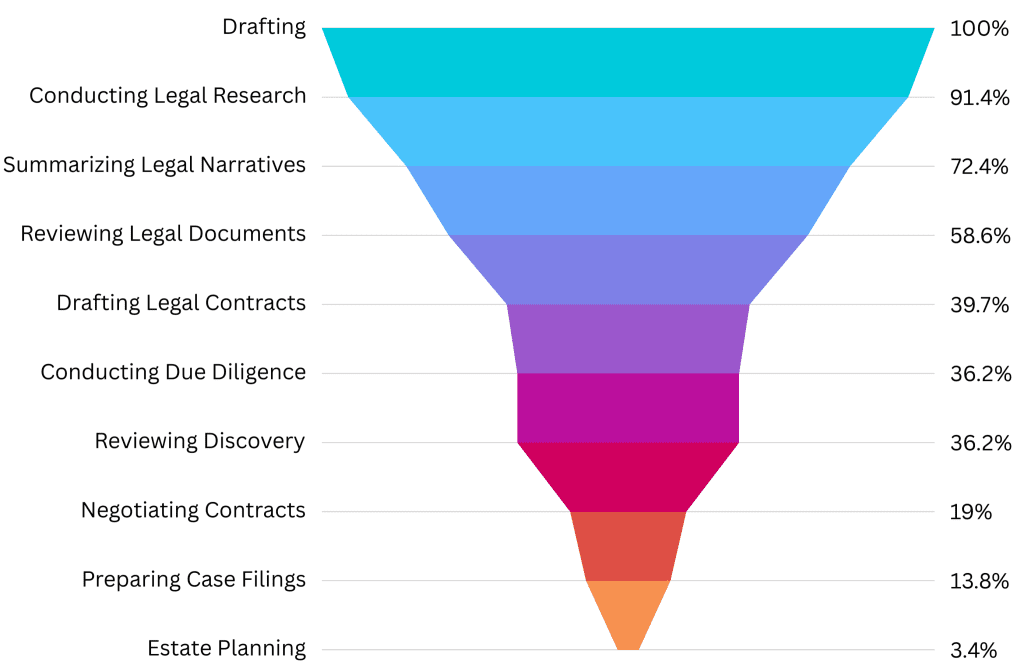
Chart 1: Key Applications of Generative AI in Legal Practice
The versatility of GenAI benefits firms of all sizes. Solo practitioners can expedite transactional and litigation tasks, small firms can explore new practice areas, and large global firms can achieve cost savings through scalable automation.
AI in the Courtroom: Opportunities and Challenges
AI’s integration into courtroom settings presents both opportunities and challenges. The use of AI tools like ChatGPT in drafting legal documents has led to concerns over accuracy and reliability, as demonstrated by a case where non-existent legal cases were cited in a brief. Rawia Ashraf, VP of Product, Legal Technology at Thomson Reuters, points out that the legal system must grapple with the admissibility and reliability of AI-generated evidence, potentially leading to new standards for AI evidence in court.
Despite these challenges, courts are exploring how AI fits into the modern judicial system. While some judges acknowledge the efficiency of legal AI tools, there is also concern over potential bias and the need for transparency in AI processes.
Ethical and Practical Considerations
Addressing Bias and Ensuring Transparency
AI systems, trained on historical data, can inadvertently perpetuate existing biases in the legal system. The ethical challenge lies in ensuring fairness and equity in AI applications. Legal experts and technologists must work together to address these biases and enhance the transparency of AI decision-making processes. The accuracy-transparency dilemma poses a significant challenge; more accurate AI models tend to be more complex and less transparent.
Addressing Bias and Ensuring Transparency
AI systems, trained on historical data, can inadvertently perpetuate existing biases in the legal system. The ethical challenge lies in ensuring fairness and equity in AI applications. Legal experts and technologists must work together to address these biases and enhance the transparency of AI decision-making processes. The accuracy-transparency dilemma poses a significant challenge; more accurate AI models tend to be more complex and less transparent.
Ensuring Data Security and Privacy
The use of AI in law requires rigorous data protection measures to safeguard confidential information. Law firms must implement robust security protocols and be cautious about the data AI tools access. In regions with limited access to advanced technology, such as some African countries, collaborative efforts and investment in technology are crucial for ensuring data protection and security.
Impact on Legal Professionals and Training
AI’s capabilities in legal research and document automation raise concerns about the potential displacement of legal professionals. However, rather than replacing lawyers, AI should be viewed as a supplement that enhances productivity and expertise. Future law school curricula will need to evolve to include AI and data science training to prepare future lawyers for this technological landscape. Institutions like Arizona State University and the
University of California, Berkeley are already integrating AI-focused programs to meet industry demands.
Practical Applications of AI in Law Firms
E-Discovery and Legal Research
AI-driven tools significantly improve e-discovery and legal research processes. E-discovery software enables rapid scanning of electronic documents, while AI-powered legal research tools facilitate comprehensive searches across vast databases. These advancements save time and reduce costs for clients, enhancing the efficiency of legal practice.
Document Management and Automation
AI enhances document management by organizing and tagging digital files, making them easier to retrieve. Document automation tools streamline the creation of legal documents, reducing manual effort and improving accuracy. This efficiency allows legal professionals to focus on client relationships and strategic work.
Due Diligence and Litigation Analysis
AI tools also streamline due diligence by quickly reviewing documents and identifying relevant information. In litigation software, AI assists in analyzing precedent-setting cases, helping lawyers draft more accurate and informed legal documents.
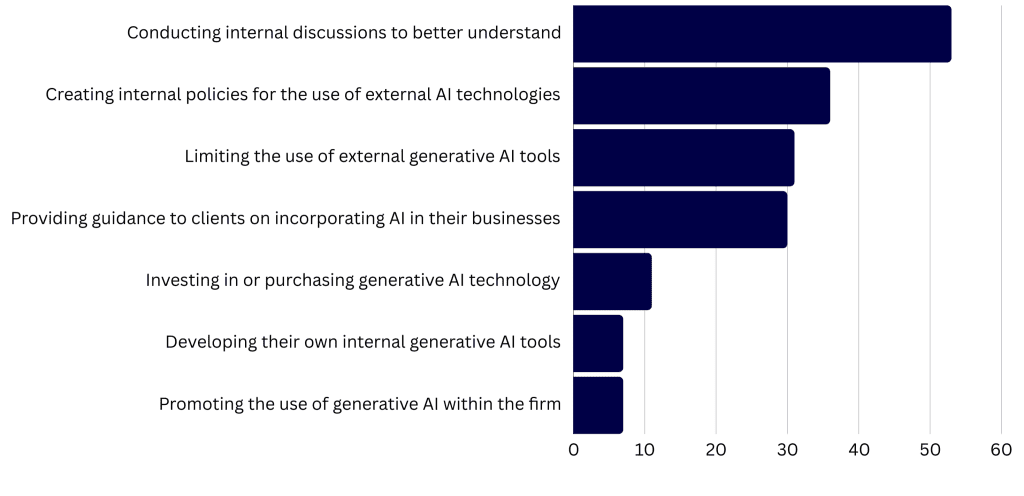
Chart 2: Key Applications of Generative AI in Legal Practice
NexLaw’s use cases for legal teams demonstrate how AI can streamline legal practice. Their solutions automate routine tasks like document creation, accelerate e-discovery, and enhance legal research. These advancements not only improve efficiency and reduce costs but also enable legal teams to focus on strategic work and expand access to quality legal services.
Anticipating the Future Implications of AI in Legal Practice
Enhancing Access to Justice
AI has the potential to improve access to justice by reducing legal costs and making legal information more accessible. As AI tools become more efficient, they can help lower the costs of legal services and allow lawyers to assist more clients. This potential to democratize legal services aligns with NexLaw’s mission to enhance legal access and efficiency.
Ethical and Privacy Considerations
The responsible use of AI in law requires addressing ethical considerations such as bias and ensuring data privacy. Law firms must carefully vet AI vendors and implement strong security measures to protect confidential client information. Training and education on AI tools are essential for legal professionals to use these technologies responsibly.
Final Thoughts
The integration of AI into the legal profession is set to revolutionize the way legal services are delivered, offering enhanced efficiency, productivity, and access to justice. However, this transformation is not without its challenges. Legal professionals must carefully navigate ethical concerns, such as bias, transparency, and data privacy, while also adapting to new technologies that are reshaping their roles.
To harness the full potential of AI, law firms must embrace these technologies responsibly and prepare for legal AI company impact on the industry. NexLaw is committed to leading this transition, ensuring AI enhances, rather than compromises, the quality and fairness of legal services. As AI and law continue to converge, the future promises a more equitable, efficient, and accessible legal system.
Read more about 10 best tools for lawyers to improve productivity.
Interested In Features Like This?
Received Complimentary access to our resources and a personalized live demo tailored to your needs


